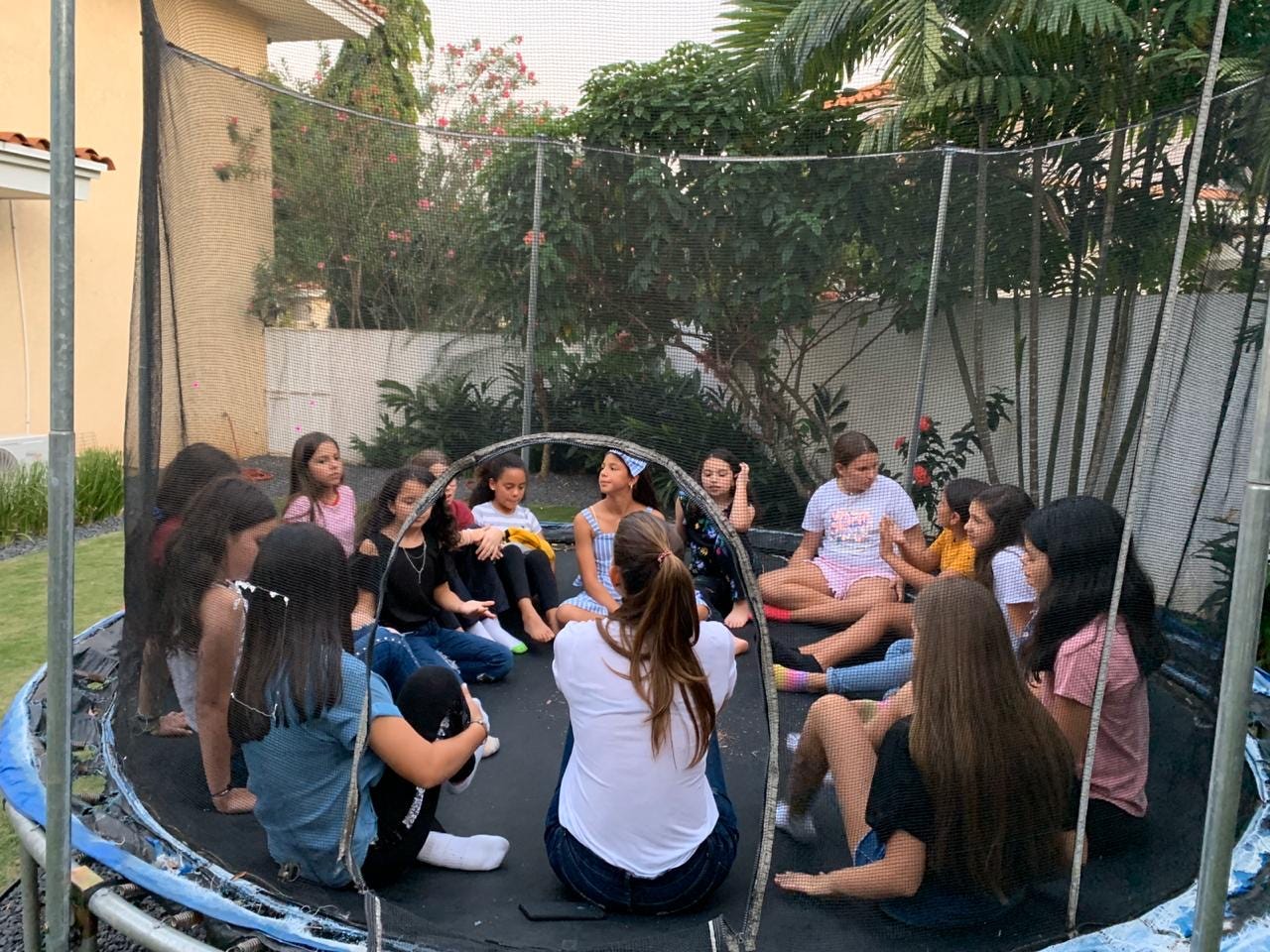Fab Fridays 6: The Traditional Education System
Alternative Education Paths
Hi all!
Greetings from New York City!
Something really interesting happened last week: one of my tweets went viral with over 16.5K likes, 3K retweets, 700+ comments, and a tsunami of information worth digesting. I was amazed with the responses and resources other Twitter users shared and highly recommend scrolling through the thread. As promised, I put together a curated selection of the best of what others shared:
History of our current education system
The traditional school system that we have today is not a product of science and logic, but rather a product of history. I gathered from the thread the following resources on the history of our current education system:
A Short History of Public Schooling —Excerpt from the film Class Dismissed: (YouTube video 2:47 min)
Love this Comic by Sir Ken Robinson
Book: Outliers by Malcolm Gladwell (Chapter 9)
Book: Free to Learn by Peter Gray (Chapter 3)
Book: Dumbing Us Down: The Hidden Curriculum of Compulsory Schooling by John Taylor Gatto
Book: The Underground History of American Education by John Taylor Gatto
Book: Weapons of Mass Instruction: A Schoolteacher's Journey Through the Dark World of Compulsory Schooling By John Taylor Gatto
Article: The Lesson to Unlearn by Paul Graham: insightful essay on unconscious ways school affects us.
Article: Lies we tell kids essay by Paul Graham
Alternative education paths
“Children spend ever greater portions of their day under adult direction, sitting at desks, listening to and reading about things that don’t interest them, and answering questions that are not their own and are not, to them, real questions. We leave them ever less time and freedom to play, explore, and pursue their own interests.” —Peter Gray
The amount of time kids spend in school is alarming, but what’s even more concerning is HOW that time is spent. Imagine what would happen if, instead of sending kids to traditional school for 7 hours a day/5 days a week, we reduced the amount of direct instruction and provided them with the resources and flexible environment that would allow their curiosity, playfulness, and other natural ways of learning to flourish. Here are some of the alternative paths some commenters are exploring:
Homeschooling (check out the tweet thread if you are interested in learning more about homeschooling options—great resources were shared by homeschool parents!)
Unschooling, a style of home education that allows the kid's interests and curiosities drive the path of learning. Rather than using a defined curriculum, unschoolers trust children to gain knowledge organically. (Check out the tweet thread for insights shared by Unschooling parents)
Online Learning (this is a method I am currently exploring and will be sharing more about the virtual experience I’m crafting in the coming newsletters and blog posts)
Other interesting ideas
We are following an outdated system that does the opposite from what we know about how and why children learn. Our education system needs a facelift. I don’t think we will get rid of schools anytime soon, but we can certainly explore alternatives to make teaching and learning fun, relevant, and meaningful for children. Here are some interesting projects that others shared in the tweet thread:
An open conversation with children
Regardless of your view on schooling, I think we can agree that children are not learning as much or as well as they should. More concerning is their lack of enthusiasm when it comes to learning. I’m convinced this is because we have pushed children into an abnormal environment that has changed very little in the past 200 years. In search for a different direction, I’m crafting a unique synchronous learning experience to assist children in their self-education journey. I plan to start by using creative writing as a vehicle to get kids excited about learning, but that’s just a means to an end. I will be sharing more about how this is unfolding soon.
This week I met with a lovely group of former students (ages 10-12) to talk about their school experience, the things they enjoy doing during their free time, and how they like to learn about the things that excite them. We had a wonderful conversation and I will be sharing some insights in next week’s newsletter.
Until next week!
Ms. Fab



